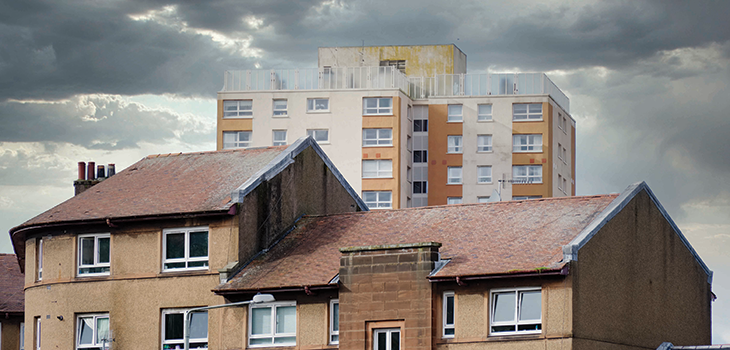
One way to think of housing law is as a web of reciprocal obligations. Under a tenancy agreement, a tenant pays the landlord rent for the enjoyment of her home. She is expected to keep any fixtures or fittings provided by the landlord in good order, to unblock the sink, to replace the lightbulbs if they fuse. But if there is damage to the structure of her home or if the water or gas or electricity installations break down, it is up to the landlord to repair them.
Under Covid it has become harder to enforce those obligations. Landlords insist it’s impractical to organise works. Judges tend to give them the benefit of the doubt.
Mouldy homes
One of my cases was first before a district judge as long ago as last summer. ‘I represent the tenant,’ I explained. ‘He holds a tenancy of a first floor flat in a two-storey building. His landlord is the local council.’ A left Labour council.
‘Two years ago,’ I explained, ‘my client first made a complaint









